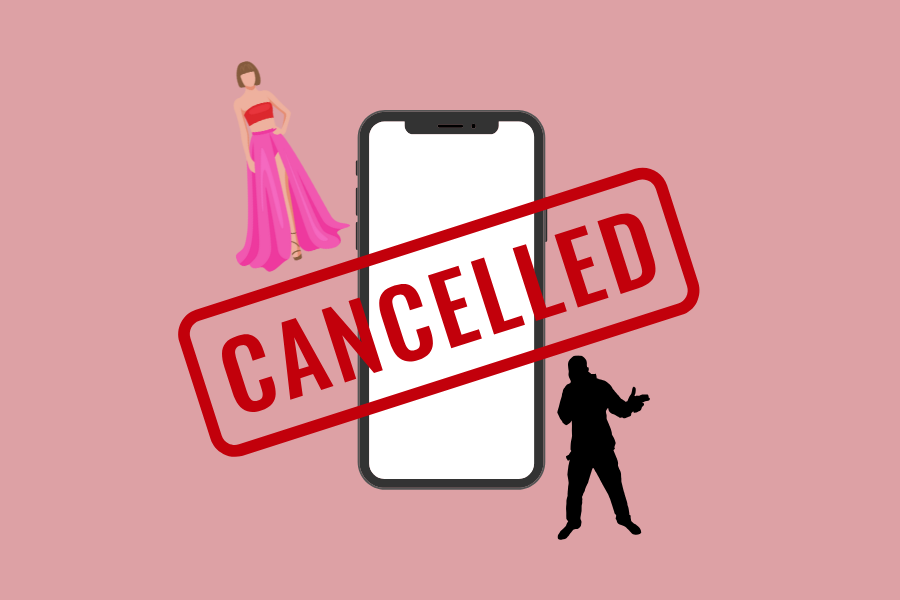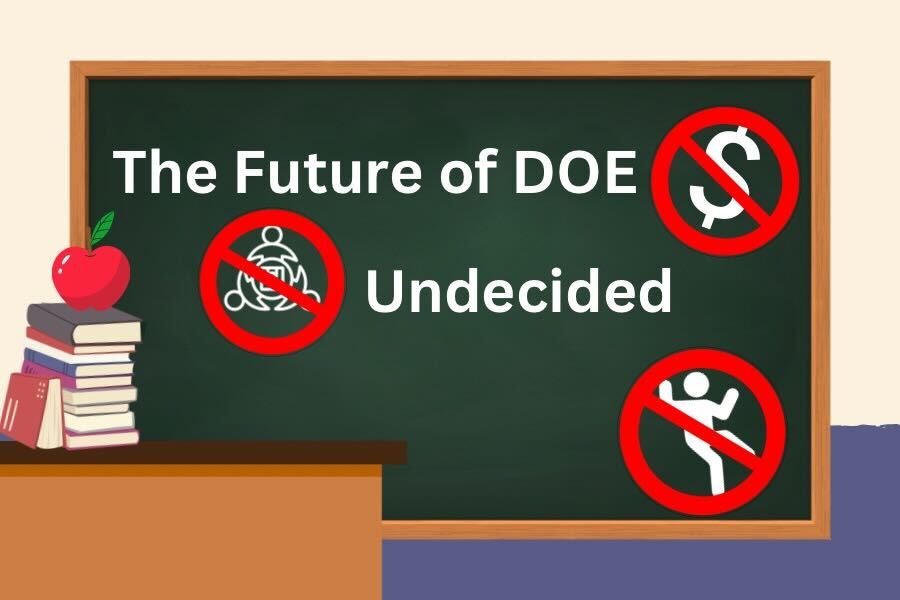Every June, it’s common to see pride flags and rainbows flood the storefronts and social media pages of dozens of major corporations. Brands release all sorts of rainbow-themed products in honor of Pride Month. For many, this is seen as a safe and friendly sentiment about love and acceptance to the queer community. However, for others, it’s “rainbow capitalism,” a term that sparks a variety of reactions. Rainbow capitalism refers to the commercialization of LGBTQA+ symbols by corporations seeking to profit from the queer community, a demographic with a collective purchasing power referred to as “pink money.” Corporations often display rainbow-colored merchandise and advertising campaigns that feature LGBTQA+ themes and individuals. This trend often raises questions about the authenticity and impact behind these marketing tactics. While this corporate involvement brings visibility, it also prompts reflection on what Pride originally stood for, and how this process of commodification might distort the true meaning of Pride Month.
Queer activism in the United States dates back decades, with many attributing the birth of queer rights movements to the aftermath of the Stonewall riots. In the early hours of June 28, 1969, the New York City Police Department raided Stonewall Inn, a gay club in the Greenwich Village neighborhood of Lower Manhattan. As the police began to arrest club patrons for violations such as cross-dressing and congregating in a queer space, crowds began to form around the scene. What set Stonewall apart from many other previous raids was that the queer patrons fought back. Instead of quietly submitting to the arrests, people resisted the police, resulting in full-blown riots lasting six days and involving hundreds of people.
The Stonewall riots served as a motivating force for LGBTQA+ political activism for decades to come. It was a spur for the Gay Liberation Movement in the United States and led to the creation of dozens of gay rights organizations. The celebration of Pride Month every June is a way to recognize the impact of queer individuals throughout history, while also acknowledging the work that still needs to be done to someday reach equality for those in the LGBTQA+ community.
As Pride Month continues to gain more recognition, corporations seize the opportunity to present themselves as allies, often in ways that prioritize monetary gain over genuine support. Profits made from various pride-themed campaigns often go directly to the company, rather than being given to organizations that actually support the LGBTQA+ community. Moreover, numerous corporations participate in ‘rainbow washing’, a subset of rainbow capitalism. Rainbow washing is the usage of LGBTQA+ symbols, especially rainbow colors, during Pride Month while failing to support the community year-round. An example of rainbow washing might include corporations changing their social media profiles to rainbow-colored versions of their brand logo. However, it’s not uncommon for the rainbow variant of the logo to be displayed in Western countries, while the logo remains standard in countries where LGBTQA+ rights are currently being repressed. This selective support lessens the true meaning of Pride as a commitment to equality.
Additionally, there have been many instances where the support shown by large companies interestingly disappears in the face of controversy. For example, in 2023, Target removed certain items from its annual Pride collection after receiving backlash from conservative groups. This exposed a broader issue: while corporations profit from queer identity during Pride Month, they often fail to offer real support when it becomes politically inconvenient for them. True allyship means staying firm and showing dedication even when it might be deemed unpopular or risky. If companies are met with criticism and respond in the way Target did, it reveals that their supposed commitment is more about maintaining public image than fighting for equality.
However, representation still does matter, especially for LGBTQA+ youth who might feel isolated or invisible. When these individuals see queer identity reflected in advertising and media, it might offer an opportunity of being part of a mainstream culture in which they often feel ostracized from. That still does not change the fact that visibility is not enough. Companies simply offering rainbow packaging will not make a difference in the experience that millions of people around the world face in discovering their identity. These gestures will remain surface-level unless they are accompanied by real, sustained efforts – like donations to LGBTQA+ organizations, support for inclusive legislation, and year-round support, in place of seasonal marketing opportunities.
Fortunately, in spite of rainbow capitalism’s chokehold on America, there are some companies that move beyond performative gestures and showcase what real corporate allyship looks like. Popular ice cream brand Ben & Jerry’s has consistently supported LGBTQA+ rights and resources since its founding. Ben & Jerry’s has had inclusive policies, such as same-sex domestic partner benefits to employees, since 1989. They were among one of the first brands to introduce such policies. They also have collaborated with numerous LGBTQA+ organizations like GLAAD to raise awareness and funds for their campaigns. Additionally, they have introduced limited-edition flavors to specifically support LGBTQA+ rights and causes. Ben & Jerry’s is a prime example of how companies that align their values with their actions can actually become trailblazers for inspiring change.
Rainbow capitalism ultimately reflects a deep-rooted issue of the commercialization of social justice. As consumers, it’s important for us to recognize instances of these exploitative practices within certain companies that center Pride Month around profits and monetary gain rather than activism. Pride began as a protest against marginalization and police brutality. It is not just a celebration, it is a powerful statement of resilience and progress. We shouldn’t lose sight of that history. Pride should not be a ploy for profit. If companies want to celebrate it, they should do so with integrity, accountability, and year-round support.









